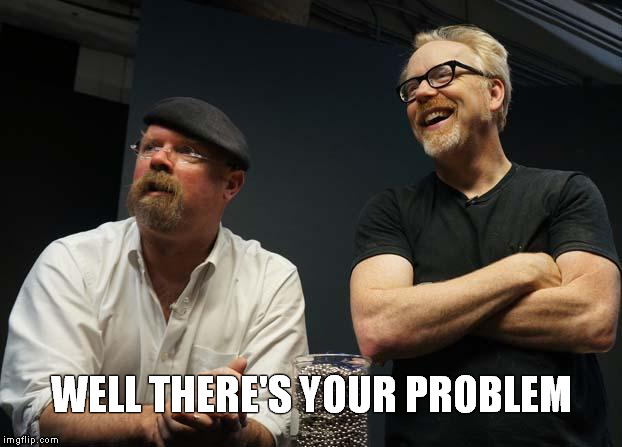I’ve started studying with an NVC coach and last night I learned something very cool.
One of the underlying premises of NVC is that you are focusing on your own need for connection to the person you are speaking to. All the tools and techniques just serve that purpose. If someone is getting super anxious with emotional language, it’s important to figure out a way to talk to that person in a way that keeps him talking and calm.
When I first got into NVC, what I really liked about it is there is a way of speaking about your needs and making requests to get those needs met, a way to take two sides and find a middle ground without hurting each other. I like that it doesn’t see it as two sides in conflict but instead two sides in communication, even if that communication is painful.
One of the big insights in it is that when people are wounded, hurt, and feeling attacked, they are not likely to really engage in productive communication. They will lash out and defend themselves.
The goal is then to take it to a level of calm and peace. Only then can there be a real communication.
If you are speaking to someone and feeling attacked, they have a “trick” where you self-empathize. You observe what needs of your own are not being met at that moment (love, affection, fairness, empathy, for example) and then you mourn that you cannot get your needs met. You feel sad. But that’s okay.
This didn’t make me so happy. It felt like just giving up me getting my needs met, which, you know, was the whole point!
But I learned last night, oh, there’s a whole LIST of needs. So, you focus on the ones you can get met at the moment. Connection, kindness, trust, for example. It’s not like toss your needs in the trash can. It’s like, shift to these other needs and focus on those. See what you can do because at this moment, the other things aren’t happening. To me it took from a losing situation to a winning situation.

